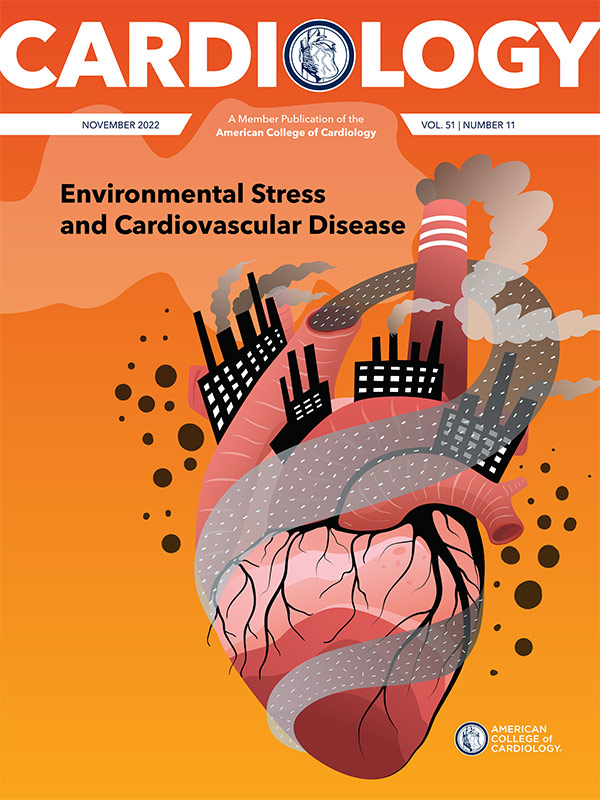Prioritizing Health | A Heart Healthy Thanksgiving

When thinking of Thanksgiving, being heart healthy may not be the first thing that comes to mind. But with a few easy substitutions to favorite recipes and some tweaks to the menu, it's easy to take care of one's heart (and waistline), and still enjoy a memorable holiday with family and friends. Hear from the Cardiology team about some of their favorite tips and recipes for a thankful and healthy heart.
Six Holiday Tips
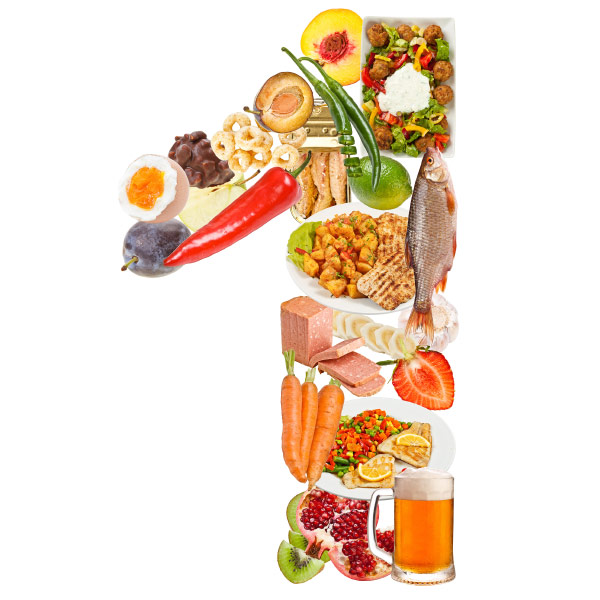
Get active. Plan ahead and schedule a time to move using a calendar appointment or alarm on your mobile device. A scheduled reminder means you'll be more likely to go for a walk with the dog, run with friends or play a friendly game of family pickleball. Make a physical activity a new family tradition.

Revamp the recipes. Side dishes and desserts pack a lot of hidden sodium and sugar and calories. Use low-sodium broth, low-fat or fat-free milk and low-fat cream, and cut the amount of salt and sugar in half, all without sacrificing flavor. Looking for a way to make that pumpkin pie healthier? Use pumpkin puree instead of pumpkin pie filling.

Let the vegetables shine in a starring role, sans heavy sauces and marshmallows. See sidebar for some taste-tested ideas.

Be moderate, be picky. Select the healthiest choices available, watch the portion size and remember the calories in alcohol add up fast too.

Focus on family and friends, not the food. Slow down and savor the time together.
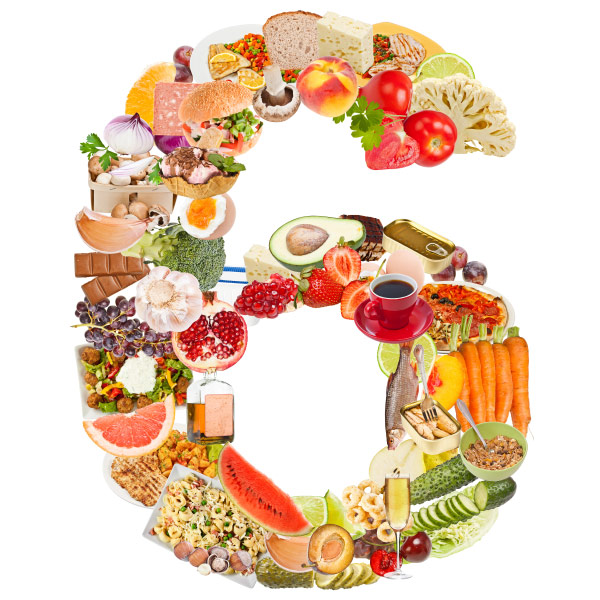
Keep it going. Embrace these new "habits" throughout the holiday season and make them a regular part of heart healthy living.
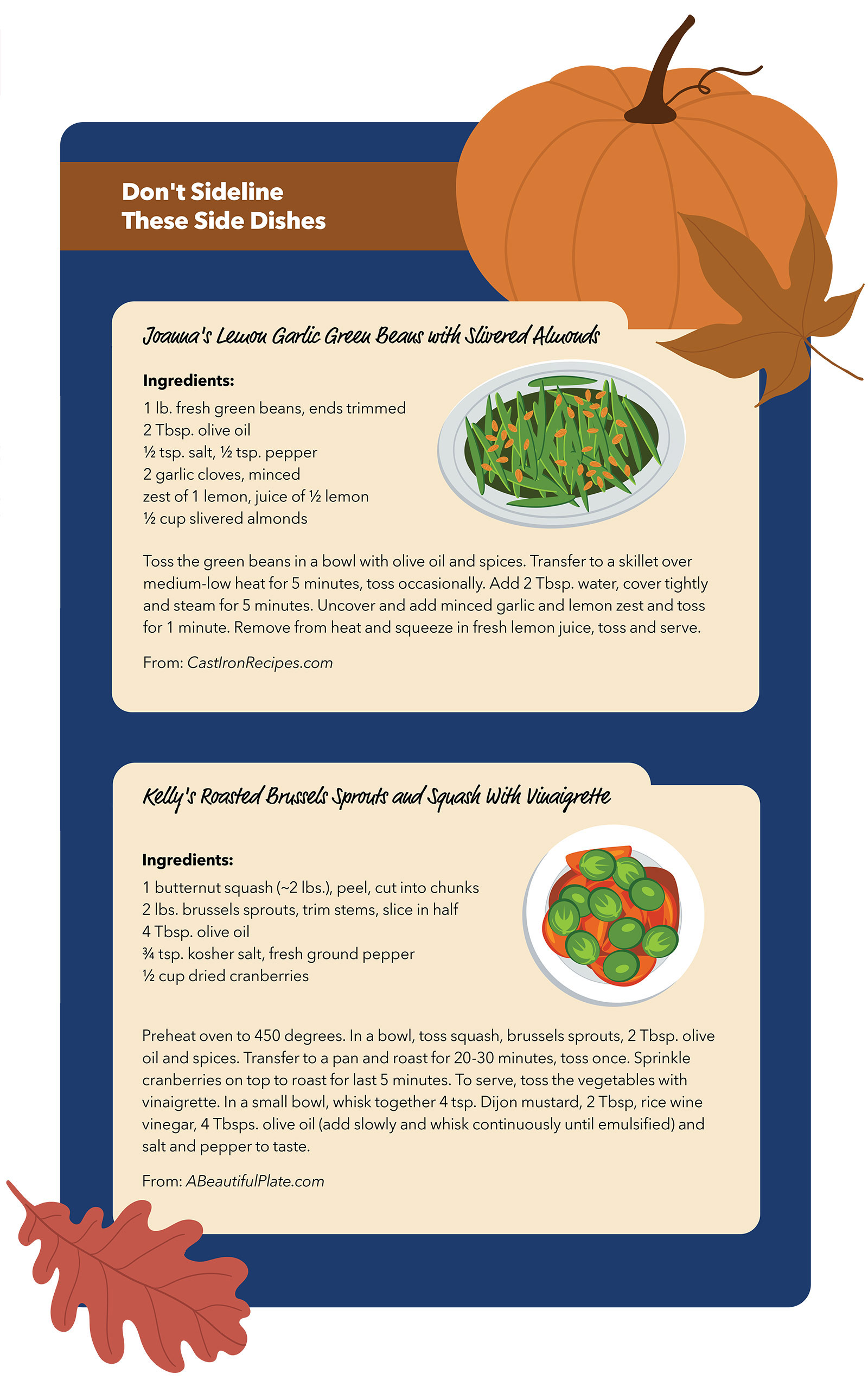
CardioSmart
Making It Easy For Patients
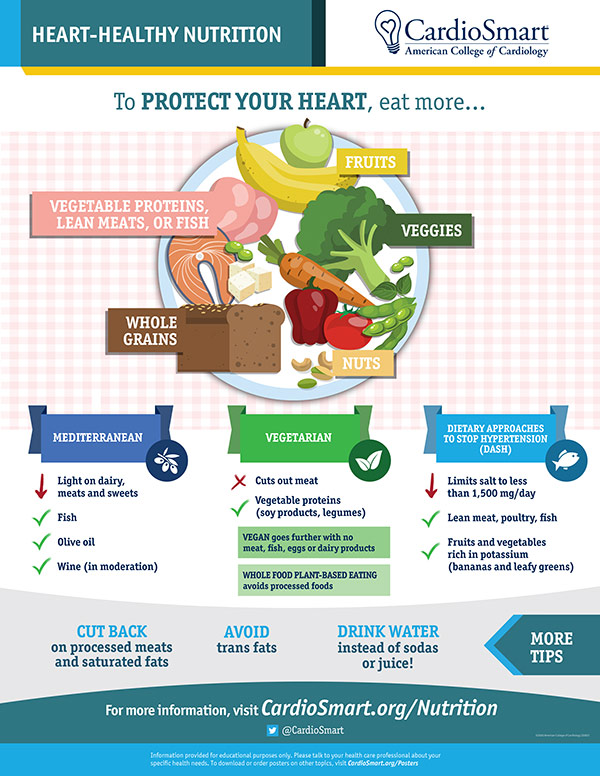
The tools and infographics from CardioSmart help patients get started on heart-healthy diets and habits. Click here to download this infographic and more.
Being Grateful
It's Good For the Body and Mind

Practicing gratitude has been shown to provide health, emotional and career benefits, according to work from the field of positive psychology. Some of these benefits include lower blood pressure, improved sleep and reduced depressive symptoms, along with increased psychological well-being and self-esteem, as well as improve work-related mental health and reduced stress. Click here to learn more.
Clinical Topics: Prevention
Keywords: ACC Publications, Cardiology Magazine, Primary Prevention, Secondary Prevention
< Back to Listings


